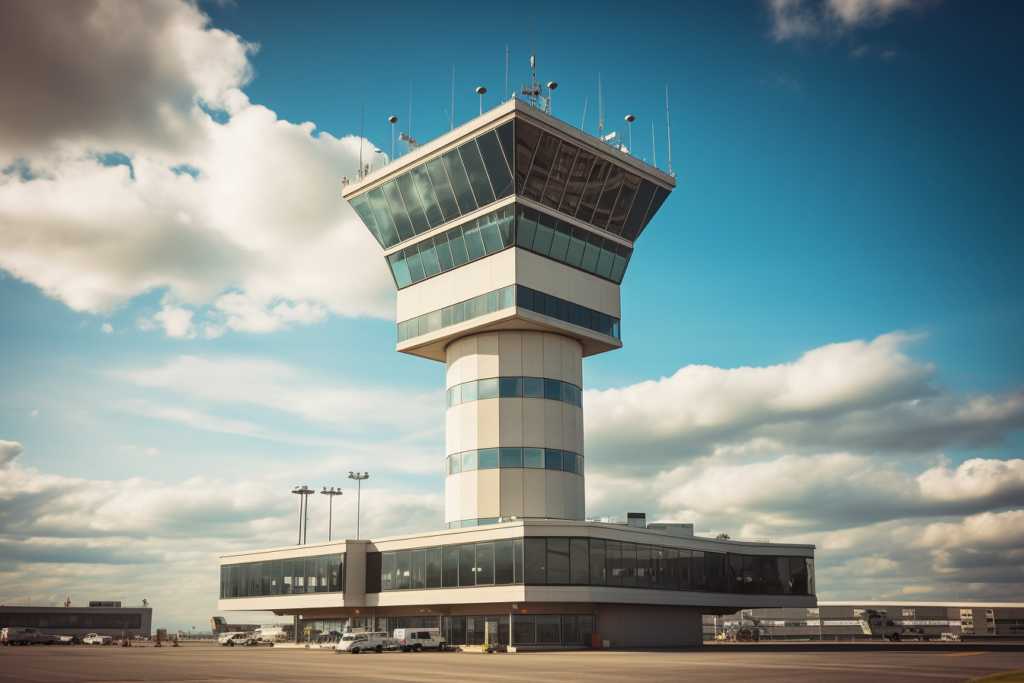Flight Hacking Terror: Expert Insights On Its Unlikely Continuation
Past Flight Hacking Claims: A Revisitation
In the wake of past claims and scares surrounding flight hacking, we revisit the topic to analyze its potential impact in 2023. Back in 2013 and 2015, cybersecurity consultants like Hugo Tess and Chris Roberts made headlines with their assertions of hacking into aircraft communication systems and controlling flights. Despite initial concerns, subsequent investigations revealed that these claims were far from reality, and the likelihood of similar incidents occurring in today’s aviation industry is equally improbable.
Hugo Tess: The 2013 Incident
Recalling the 2013 incident, German IT security consultant Hugo Tess claimed to have utilized an Android app to exploit two security flaws in aircraft communication systems. However, Tess’ hacking demonstration was conducted on a ground-based flight simulator, which lacked the comprehensive security features found in actual aircraft systems.
Chris Roberts: The 2015 Controversy
Similarly, in 2015, cybersecurity consultant Chris Roberts claimed to have hacked into flight systems of various Boeing and Airbus aircraft while on board, allegedly gaining control of the engines and flight management. However, several factors debunked this assertion:
1) Inflight entertainment systems (IFE) on aircraft are sourced from numerous manufacturers, resulting in significant variations between systems. Thus, a hacking method that works on one plane may not be applicable to another.
2) Aircraft IFE systems are not interconnected with flight computers or navigation systems. While some information, such as in-flight maps, may be shared, access to flight controls is entirely separate and would require manual approval from pilots.
3) Aircraft are equipped with redundant flight computers and controls to ensure proper functioning, rather than to prevent hacking.
4) Despite Roberts’ claims of vulnerability in specific Airbus aircraft, the numerous variants and manufacturers of IFE systems render his assertions implausible.
Advancements in Aviation Security

Given the advancements in aviation security since these incidents, the possibility of flight hacking in 2023 is even more unlikely. Modern aircraft employ sophisticated security measures, and manufacturers continually update and enhance their systems to prevent potential threats. Furthermore, ongoing collaboration between aviation authorities, manufacturers, and cybersecurity experts helps safeguard against emerging risks.
Addressing Outdated Infrastructure

However, it is crucial to acknowledge that while security measures have advanced significantly, recent incidents like the FAA shutdown last year have exposed a different vulnerability: our outdated infrastructure. This highlights the importance of not only ensuring robust cybersecurity but also investing in modernizing aviation infrastructure to maintain overall safety and resilience in the face of evolving threats.
Comprehensive Approach to Aviation Safety
In conclusion, while flight hacking made for sensational headlines in the past, its continuation in today’s aviation industry is highly improbable. As technology and security measures advance, passengers can rest assured that their flights remain safe from potential cyber threats. At the same time, it is essential for the industry to address the vulnerabilities posed by outdated infrastructure to ensure a comprehensive approach to aviation safety. By staying vigilant and investing in both cybersecurity and infrastructure improvements, we can maintain a secure and reliable air travel experience for all passengers.
Safe travels!


looks like just another bozo looking for attention.
Hi. Your first point is irrelevant since the IFE network merely provides transport-level access to the avionics systems. You’re entirely wrong about the second point, as the systems are physically connected, though there are filtering mechanisms in place to prevent certain types of traffic from traversing the boundary. Your third point is true, but also irrelevant as the failover systems are designed to operate in the event of a system failure, which is not what is occurring here. Your fourth point might have some merit, but I don’t really see that as a strong argument by itself against anything.
Information security is clearly not your area of expertise.
Jonathan,
Having spoken to two people at Boeing, one person at Airbus and more than one pilot familiar with the aircraft that they fly I stand by what I wrote.
Happy Flying!
-Fish
Even if your points are true, which is, doubtful, why choose to include irrelevant information to support an entirely different point? Also, you’re not replying to Jonathan’s comment at all.
Have you ever considered that, yes even though different planes have different vulnerabilities, but they must be relatively similar to each other, they’re all still part of the same type of plane.
“Among Mr. Robert’s claims, he says he has been able to hack the inflight systems then over write the code allowing him to manipulate the engines to climb, resulting in the aircraft moving sideways during flight.”
To manipulate the engines to climb is very much plausible. Increase the throttle, you make the aircraft roll forward. The quicker you do that, the more effective your wings are in creating lift. You create lift, you ascend. Its just how flying works.
To do so from an android or laptop from your seat in coach, I would have a terribly difficult time believing such. Now, to manipulate the engines to climb, resulting in the aircraft MOVING SIDEWAYS DURING FLIGHT.
There’s a couple different ways to make an aircraft move sideways, none of which involve manipulation of the throttle.